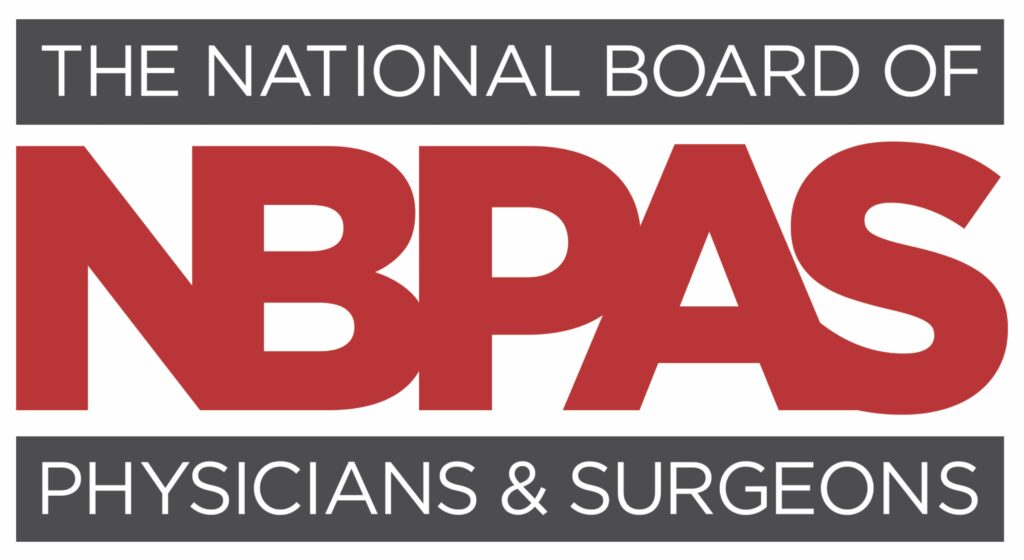We hear this time and time again during patient visits: “I’m fine all day- I can stay on track until the evening hits. Evenings just kill me.” Nighttime eating is likely the most detrimental habit in patients who experience weight gain or have difficulty managing weight. Scientists estimate that eating an extra 100 calories a day (or night) can put on about 10 extra pounds in one year, and many people can easily eat 4 to 5 times that amount after the sun sets.
Patients who are overweight tend to eat more than half of their daily calories after their evening meal and into the night, some even awakening from sleep to eat carbohydrate-rich snacks. This pattern goes by the name Nighttime Eating Syndrome (NES). It is believed to affect at least 1 in 11 people attending weight loss clinics.
The causes vary when it comes to the infamous nighttime eating pattern. For some, it’s loneliness (Valentine’s Day, anyone?). For others, boredom plagues them. Being stressed and depressed never helps either. Whether it is the sex hormones of perimenopause, the digestive hormone insulin, or the sleep hormone melatonin, hormones without a doubt play a role. For many overweight patients, breaking the habits of nighttime eating, and more importantly, the demons that cause them, can be the key to success in acute weight loss and long-term weight management. Below are some tips we often give to our patients when teaching them how to defeat nighttime eating in the short-term and counseling them on how to conquer it for good:
- Find balance: Do your best to spread out your caloric intake throughout the day and have protein, fat, and fiber from vegetables or fruit at each meal. It should go without saying, but for heaven’s sake (in my mother’s words), eat breakfast.
- Timing Matters: Try to time your nightly meal roughly 3-5 hours before you typically go to bed. A longer window of time can open the door to legitimate hunger.
- Eat at the table and at the table only. This goes for dinner and whatever comes after. If you tend to crave sweets in the evening, have a small, relatively healthy dessert while you’re still at the dinner table. Try a serving of plain, non-fat greek yogurt with berries or a sliced apple with peanut butter. You’ll be much less inclined to crave sweets later in the evening. Eventually, the urge to eat on the couch, in the recliner or sprawled out in bed (you know who you are) will dissipate.
- Don’t keep non-nutritious junk food in your home: It’s a no-brainer and it’s been said a thousand times before, but I feel obligated to remind you anyway. The excuse that your children, husband or dog needs it just doesn’t work here. They don’t need sugary, starchy, salty stuff and they’ll thank you, eventually. Even the dog.
- Drink more water: Also something you’ll read in any and every weight loss article ever written, but I feel compelled to repeat it. Drink about 16 ounces of water thirty minutes before dinner and another 16 ounces of water about thirty minutes after. Adequate hydration promotes early satiety, or fullness, and reduces cravings. Notice that I didn’t say ‘during’ dinner? That’s right, drinking too much liquid with your meal can dilute digestive enzymes and gastric acid, interfering with efficient digestion. Be sure to put a halt to the hydrating at least 2 hours before bed otherwise… well, you know.
- Create rules for yourself. And write them down. Some examples: I never eat sweets alone. I don’t eat after 8:00. The kitchen is off limits after dinner. I don’t eat in front of the television. It sounds too simple, even elementary, but it works!
- Brush your teeth early, after dinner. Don’t wait until you’re ready to hit the hay. Polish up your pearly whites and it’s unlikely that you’ll want to sabotage that fresh, clean feeling by eating your way through the evening. For added insurance to prevent you from getting grubby, floss them too. Your dentist will be so impressed. If you do get the urge to eat again, swish and gargle with some mouthwash.
- Whenever possible, disconnect. Avoid or limit your consumption of television in the evening. It encourages mindless eating and food commercials can cause cravings, hankerings, and the like. Disconnect from TV, email, social media, computers, and smartphones at least an hour before bed because their light can inhibit melatonin, the hormone that makes you sleepy.
- Get out of the vicinity of the kitchen. Go to the basement or better yet, to your dimly-lit bedroom to read a book. Out of sight, out of mind. Let’s face it, we’re all lazy at heart and the farther we must go to graze the less likely we are to actually do so.
- JUST GO TO BED! In the long run, an extra hour of sleep a night will reduce cravings in a round-a-bout anyway. Not getting enough quality sleep switches “on” hormones that make you hungrier for carbohydrates and comfort foods. I repeat: when in doubt, go to bed!
Weightloss® is a physician-supervised weight loss program that can help you identify, overcome, and manage whatever roadblocks stand in the way of your weight loss goals.
Tara L. Parr, MPAS, PA-C

